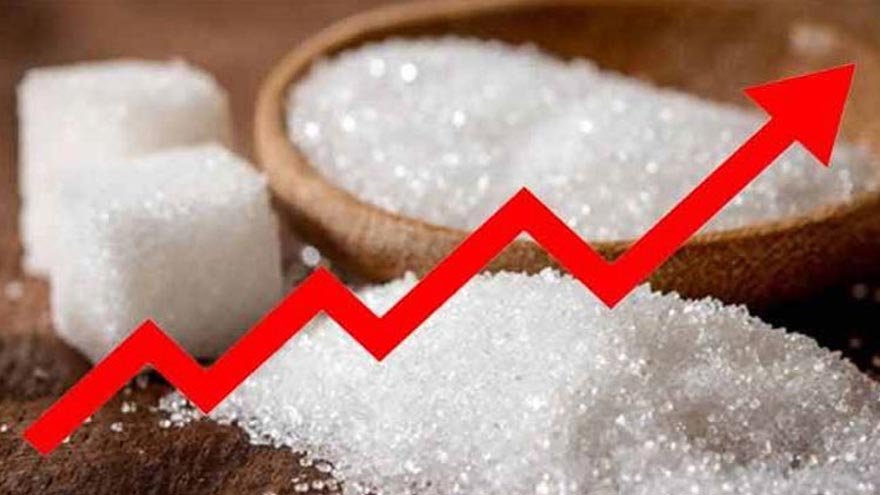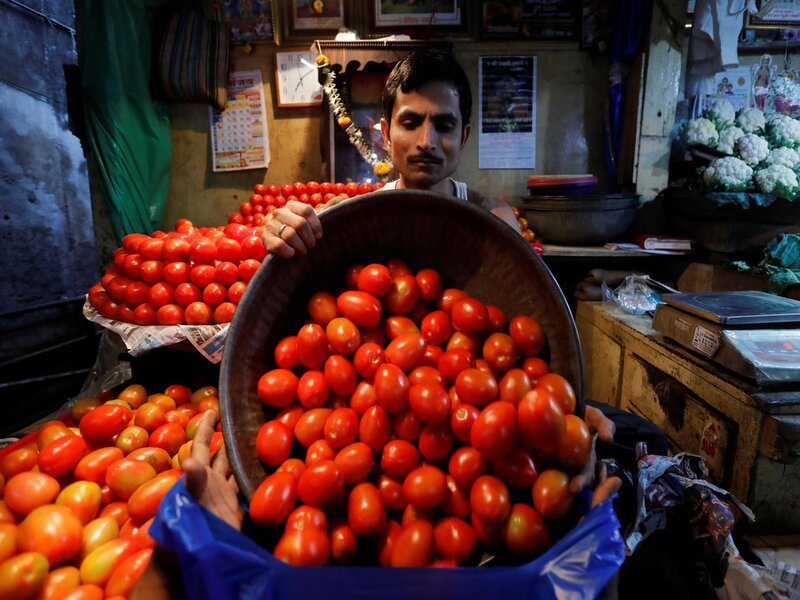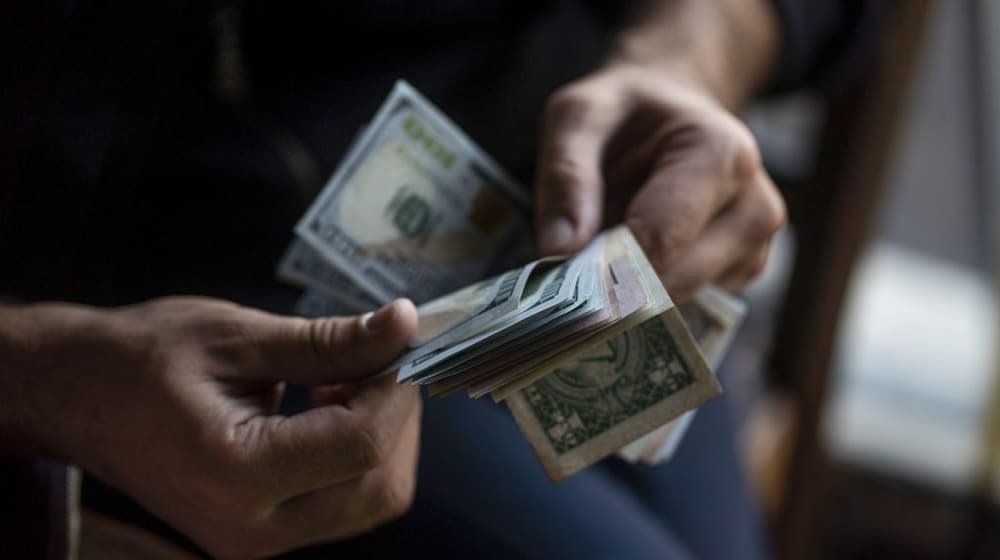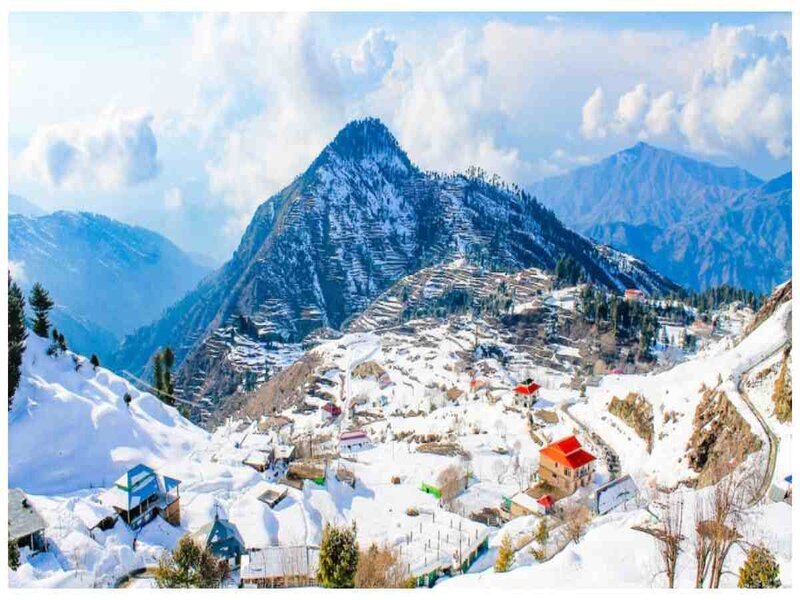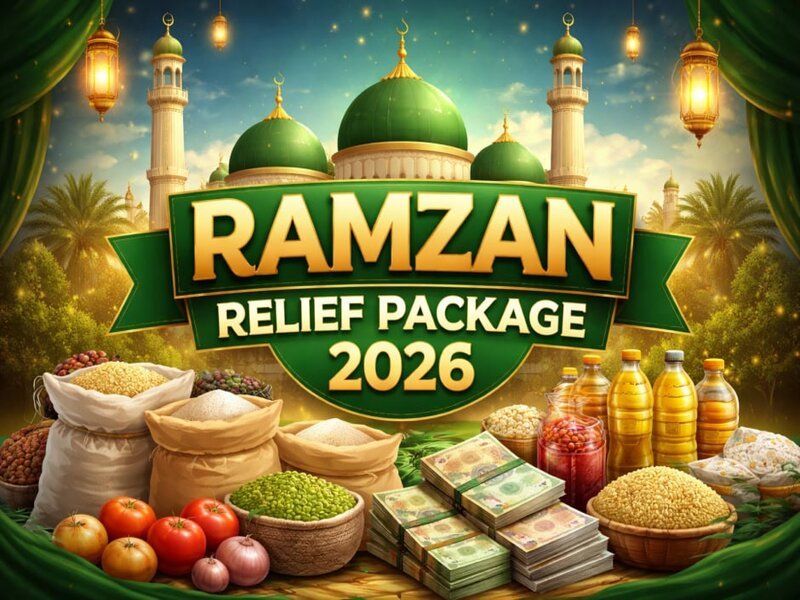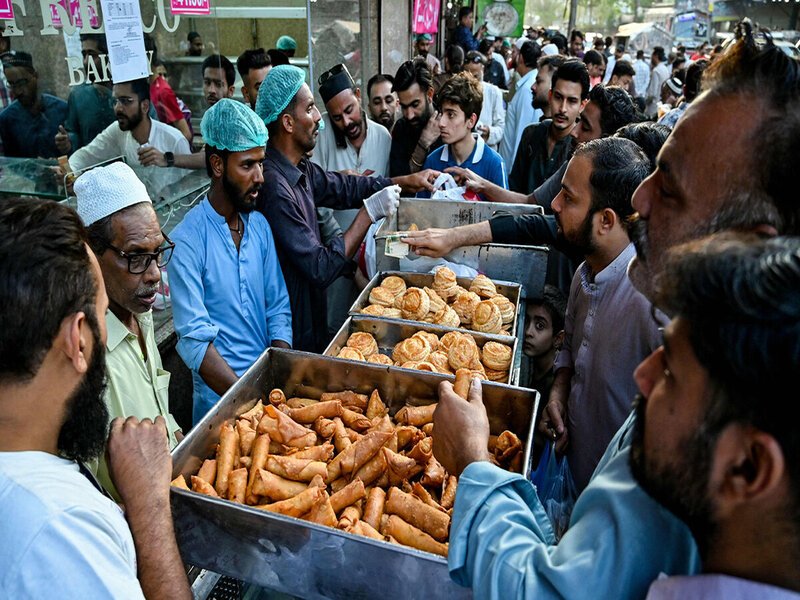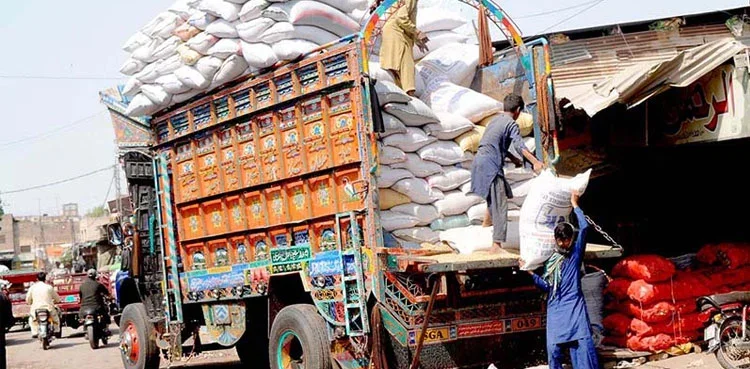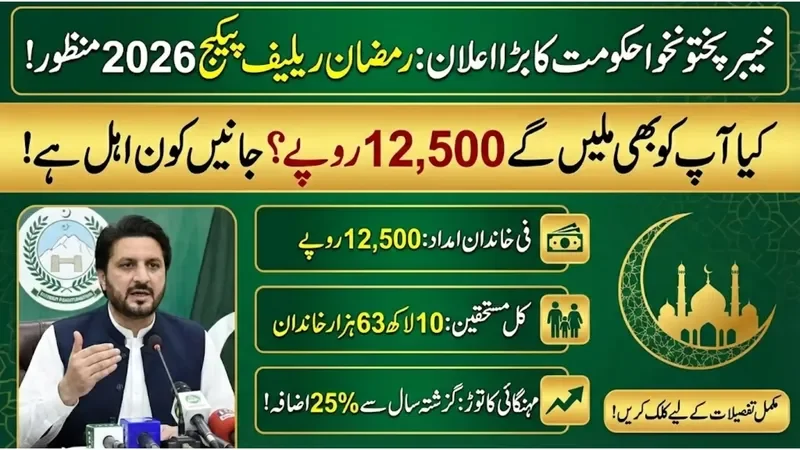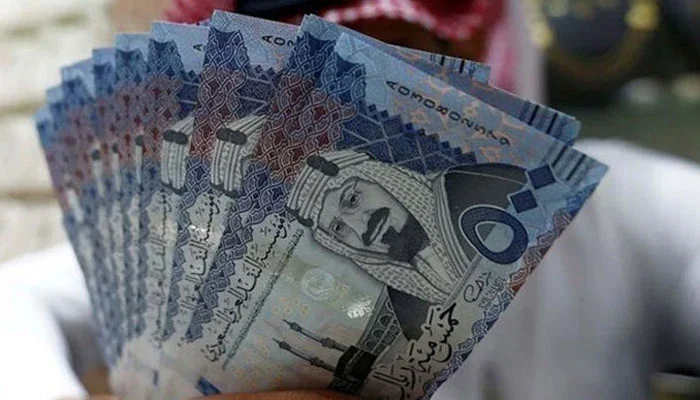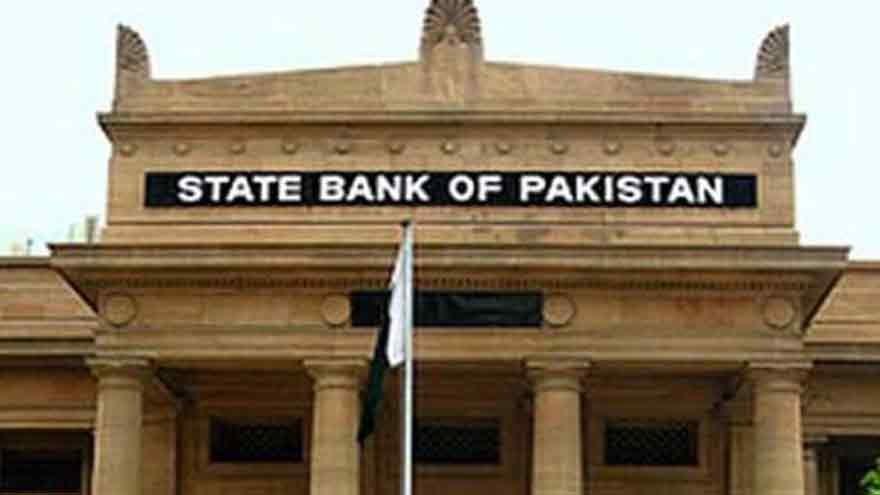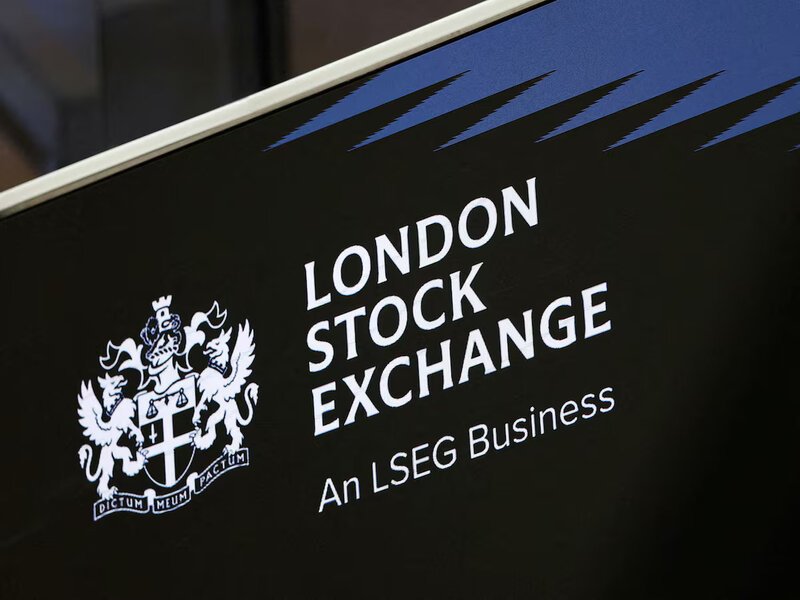Sugar prices in Pakistan have surged to record-high levels, putting significant pressure on household budgets and raising concerns about affordability across the country. According to recent market data, sugar has reached an unprecedented price of Rs. 229 per kilogram in Quetta, marking an increase of Rs. 19 within just one week. This steep rise highlights the growing volatility in essential commodity prices and its direct impact on consumers. Other major cities have also witnessed sharp price increases. In Peshawar, sugar is now being sold at Rs. 200 per kilogram, while in Karachi and Islamabad, prices have climbed to Rs. 195 per kilogram. Rawalpindi residents are paying up to Rs. 190 per kilogram. These figures indicate that the price hike is widespread and not limited to a single region, reflecting systemic pressures in the sugar supply chain. Despite a slight decline in the national average to Rs. 185.47 per kilogram, sugar remains dramatically more expensive compared to last year’s average of Rs. 132.24 per kilogram. This represents an approximate year-on-year increase of over 39%, a significant jump that is likely to strain the budgets of low- and middle-income families who rely heavily on sugar as a daily staple. Experts attribute the surge in sugar prices to multiple factors, including reduced sugarcane output due to adverse weather conditions, logistical challenges in transporting sugar, and increased production costs. Currency fluctuations, higher fuel prices, and rising transportation costs have further compounded the issue, making it more expensive for suppliers to move sugar from mills to markets. The sudden price rise has triggered concern among consumer protection groups and policymakers. Many fear that continued increases could lead to hoarding, speculative buying, and a rise in the cost of related goods such as sweets, bakery items, and beverages. Household surveys indicate that families are already adjusting consumption patterns, seeking alternative sweeteners, or reducing sugar usage to cope with rising expenses. Retailers suggest that prices may stabilize only after the new sugarcane harvest begins and government interventions address supply-side challenges. Analysts note that long-term solutions will require boosting domestic sugar production, improving supply chain efficiency, and controlling speculative market practices to prevent further price shocks. In summary, Pakistan’s sugar market is experiencing an unprecedented price surge, with certain regions paying record amounts. The increase not only affects daily household consumption but also has broader implications for food inflation and cost of living. While small short-term fluctuations are expected in commodity markets, experts emphasize the need for immediate measures to ensure that sugar remains accessible to ordinary consumers.
